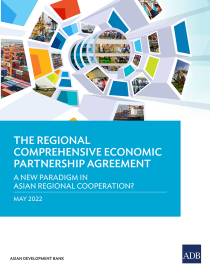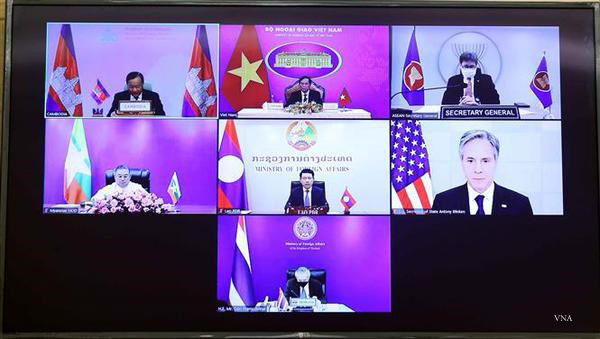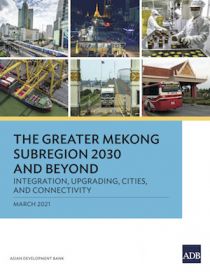December 2023 | Issue 4
Welcome to the fourth issue of the Greater Mekong Subregion Climate Change and Environmental Sustainability Program newsletter! 2023 is coming to a close, ale we are pleased to share with you a recap of activities and events over the past six months, announce the upcoming publications, and invite you to the exciting lineup of capacity building workshops that will take place in the first half of 2024.









